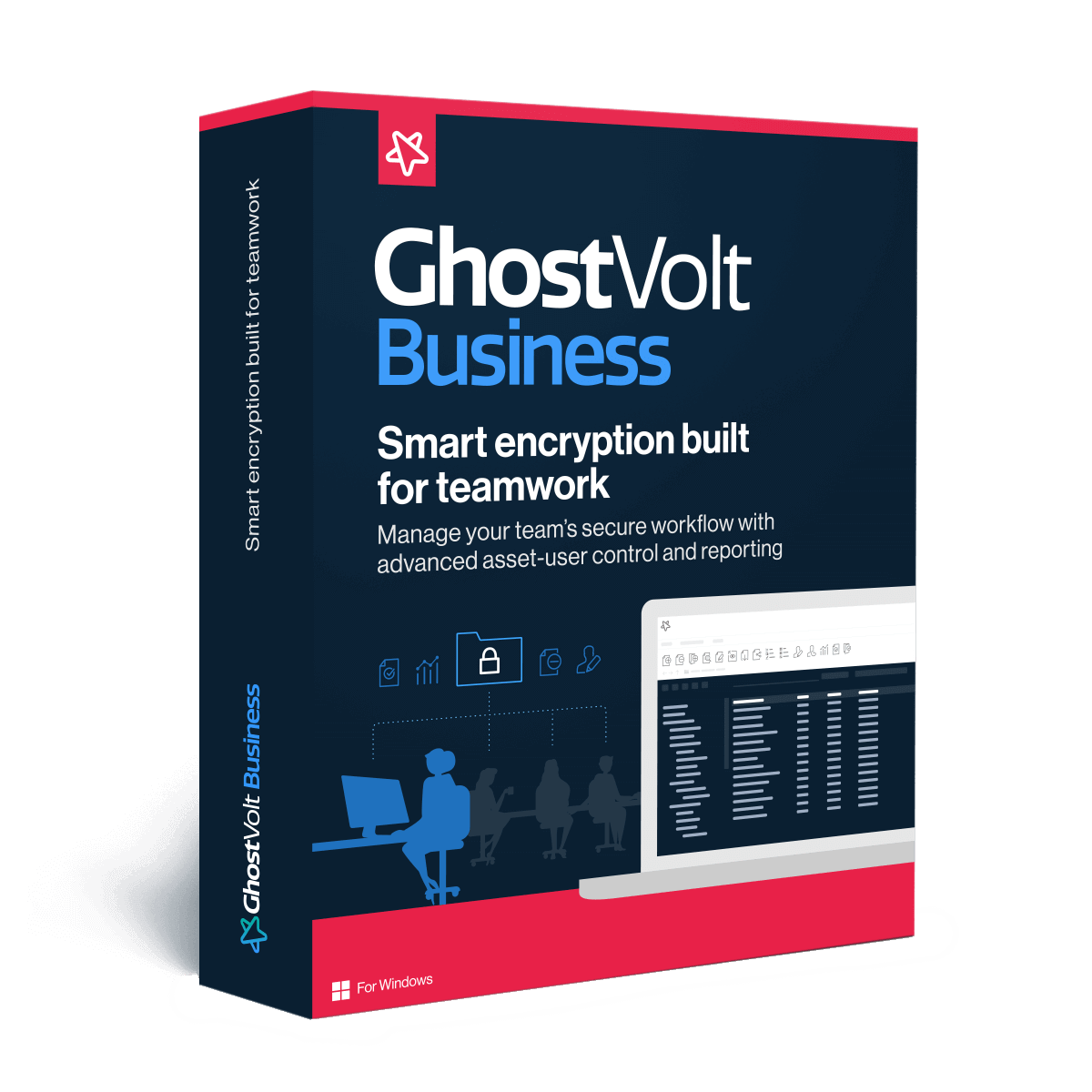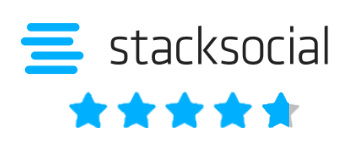GDPR & HIPAA – What’s Going On, a view from outside the US
I explored GDPR and HIPAA, realizing they are pivotal global frameworks for data privacy, with GDPR relevant in Sweden and HIPAA crucial in the USA, each catering to specific domains and purposes.

Over the last couple of months, I’ve decided to look into the questions about GDPR and HIPAA. As I live in Sweden, I do have some insight into GDPR, especially since it sometimes touches on what I write about. But as citizen of Sweden, I didn’t have a clue about HIPAA until a few days ago, as it is an important legal requirement in the USA. Well, I looked into the topic, and here are a few insights, from an outsider’s perspective.
The General Data Protection Regulation (GDPR) and the Health Insurance Portability and Accountability Act (HIPAA) are fundamental frameworks in the universe of data privacy and security. They are essential reference points for companies and organizations regarding the collection, storage, and processing of individuals’ personal data, but they cater to different domains and serve distinct purposes.
Understanding GDPR and HIPAA
GDPR, enacted by the European Union (EU), is a comprehensive data protection framework that harmonizes data privacy laws across Europe, protecting and empowering all EU citizens’ data privacy. It affects organizations worldwide that handle EU citizens’ personal data.
On the other hand, HIPAA is an American legislation that primarily focuses on protecting individuals’ medical information. It ensures the secure handling of protected health information (PHI) by healthcare providers, health plans, and healthcare clearinghouses, collectively known as covered entities, as well as their business associates.
Similarities Between GDPR and HIPAA
The primary similarity between GDPR and HIPAA lies in their foundational objective: data protection. Both frameworks safeguard individual personal information, albeit in different contexts.
Both GDPR and HIPAA require explicit consent from individuals before processing their data. They allow individuals to access their information and provide it in an understandable format. In addition, they both favor data minimization, meaning organizations should only collect and process data necessary for the intended purpose.
Moreover, GDPR and HIPAA demand that organizations take appropriate measures to ensure data security. They both have provisions regarding data breach notifications to affected individuals and specific authorities.
Differences Between GDPR and HIPAA
While similarities exist, GDPR and HIPAA’s differences are much more prominent, primarily due to the types of data they protect and their jurisdictional reach.
GDPR has a broader reach regarding the type of data it covers. It protects any information relating to an identifiable person, including name, identification number, location data, or online identifier. Conversely, HIPAA is more niche, protecting only PHI, which is health-related information that can be connected to a specific individual.
The geographical scope of these regulations also differs significantly. GDPR applies to any company worldwide that processes the personal data of EU residents. In contrast, HIPAA only applies within the United States and to organizations that handle PHI.
One notable difference between the two is the ‘Right to be Forgotten’, which is enshrined in the GDPR. This right allows EU citizens to have their personal data deleted under certain circumstances. HIPAA, however, does not offer this right.
Overlap and Contradictions
While GDPR and HIPAA cater to different scopes, their principles can overlap in specific areas, making it a challenging terrain to navigate.
For instance, a U.S. healthcare provider offering services to EU patients must adhere to GDPR for the patients’ data management while concurrently complying with HIPAA regulations for domestic operations. For such organizations, aligning their operations to fulfill both requirements becomes paramount, which can be a resource-intensive process.
While GDPR and HIPAA are generally harmonious, contradictions can arise. For instance, HIPAA allows healthcare providers to share PHI for healthcare operations, payment, and treatment purposes without patient consent. However, under GDPR, this would be considered a breach of the regulation, highlighting the need for organizations to carefully navigate these sometimes contradictory landscapes.
In conclusion, GDPR and HIPAA, though they serve different purposes and sectors, share a common goal of ensuring the privacy and security of personal data. Understanding the similarities, differences, and potential overlap between these two regulations is crucial for organizations operating in the international space, particularly within the healthcare sector. It is imperative for such organizations to conduct a thorough risk assessment and establish a well-defined data governance framework to ensure compliance with these regulations
How can GhostVolt help towards compliance?
GhostVolt enables you to implement data protection measures while collaborating on files: control who has access to personal data, log file activities, set up internal security policies for data management, and many more.
GhostVolt encryption and decryption are done on the client-side which means no one is able to access and read the stored personal data, except for the owner and users authorized by the owner. This minimizes the risk of decrypting personal data in case it gets to wrong hands due to a data breach.
Learn more encryption software
We welcome Roine Bertelson to the GhostVolt Blog. Roine Bertelson is a Writer at the intersection of cybersecurity, AI, IT, and Open-Source, crafting insightful content that navigates the complex digital landscape. Dive deeper into Roine's work and thoughts at https://roineland.com
Try GhostVolt Business Today
User roles and management
Meet regulatory compliance and legislation
Asset restriction with tracking
Auditing, file and user history and reporting
Works just like Windows Explorer, but securely
No Credit Card or signup needed

Our Ratings




